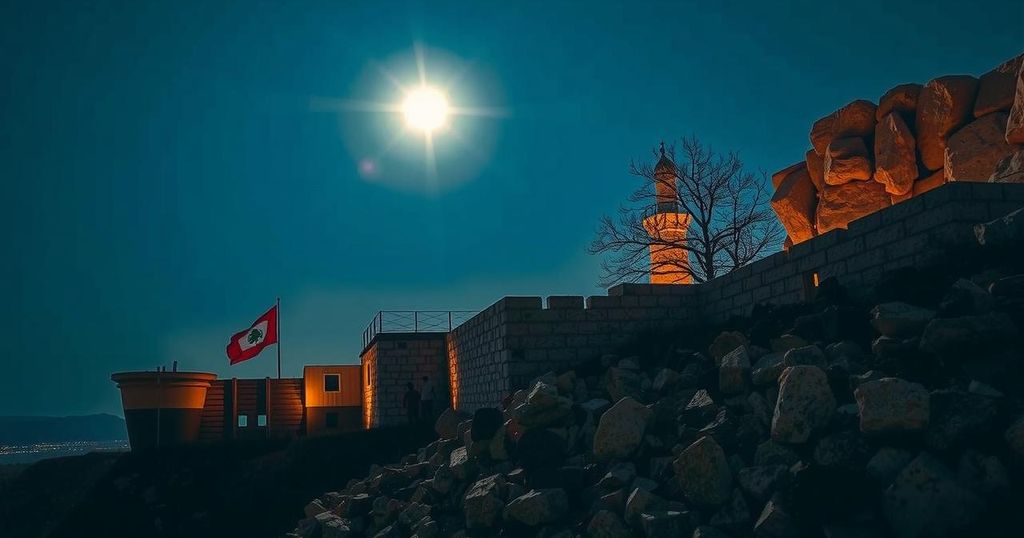Iran Proposes To Limit Uranium Enrichment Amid IAEA Tensions
Iran has offered to limit its stock of uranium enriched to 60% purity, contingent on halting Western resolutions against it at the IAEA. This proposal faces skepticism from Western diplomats, who view it as a ploy to evade accountability. Concerns are heightened as Iran continues to enrich uranium and restrict IAEA inspections, complicating the path toward diplomatic resolution amid international tensions over potential nuclear weapon capabilities.
In recent developments regarding Iran’s nuclear program, the nation has proposed to limit its stock of uranium enriched to 60 percent purity, a level near that considered weapons-grade. This contingent offer was communicated to Western leaders, contingent on halting the push for a resolution at the International Atomic Energy Agency (IAEA) condemning Iran’s lack of cooperation. Despite this proposal, Western diplomats remain skeptical, viewing it as a strategic maneuver intended to avoid sanctions rather than a genuine commitment to transparency and cooperation. Iran’s Foreign Minister, Abbas Araqchi, articulated concerns that the Western initiative, particularly from France, Germany, and Britain, would further complicate dialogues and undermine the constructive rapport with the IAEA. Reports indicate that Iran has not only halted the expansion of its high-purity uranium stockpile but has also agreed to consider allowing additional experienced inspectors from the IAEA. Nonetheless, the primary focus remains on the resolution backed by Western powers, which aims to hold Iran accountable for its nuclear activities amid ongoing escalations.
Iran’s nuclear activities have drawn intense scrutiny from the international community, particularly the Western powers, due to concerns about potential weapons development capabilities. Following the collapse of the Joint Comprehensive Plan of Action (JCPOA) in 2018, initiated by the United States’ withdrawal, tensions have significantly escalated. Iran’s recent offers to limit its uranium enrichment practices coincide with the ongoing deliberations of the IAEA, whose board is scheduled to address these issues amidst uncertainties surrounding U.S. foreign policy direction under newly elected officials. The U.S. position remains critical as it reflects broader geopolitical dynamics, notably the challenges posed by Iran’s nuclear ambitions and the urgency for diplomatic engagement.
The ongoing discussions surrounding Iran’s nuclear program highlight the delicate balance of diplomacy required to manage nuclear proliferation risks. The proposed cap on uranium enrichment marks an attempt by Iran to mitigate international pressures, yet skepticism persists among Western diplomats regarding the sincerity and implementation of such offers. As the IAEA gears up to deliberate on a potential resolution condemning Iran, the outcomes of these negotiations are pivotal in shaping future engagements and establishing safeguards against the proliferation of nuclear weapons.
Original Source: www.arabnews.com




Post Comment